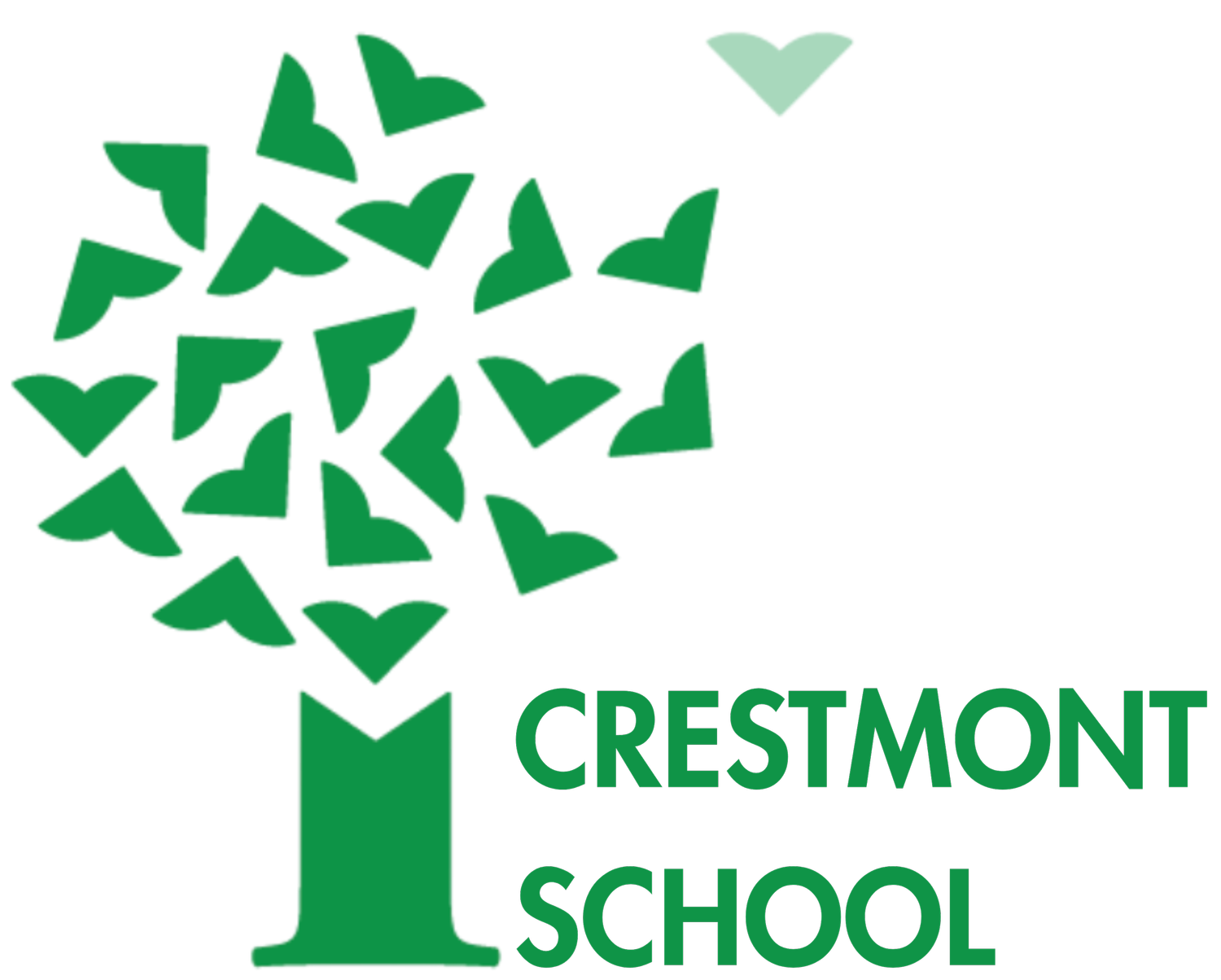The Crestmont Magic
-
It always felt like everything just worked at Crestmont. Conflicts got nipped in the bud by observant and caring teachers.
Crestmont Alumni Survey
-
My son has developed into a confident learner - not typical for someone with learning challenges - and he truly likes school!
Crestmont Family Survey
Individualized Attention
Our low student-to-adult ratio makes it possible to offer differentiated and teaching styles to meet each child’s needs.
Because of the intimate size of each class, teachers can tailor activities to students’ individual abilities, teaching to “learning levels” rather than “grade levels.”
All classes are intentionally multi-grade. Multi-grade classrooms provide students with the opportunity to form mentoring relationships with peers of a broad age range.
Every child’s voice, identity, and expression matters. Our teachers create a dynamic curriculum that respects and responds to the dignity of each child.
This educational approach supports children to find and express their unique voices, and to learn how to contribute to positive change in the world.
Academic Excellence for Every Student
We define rigor as work that challenges students in new and interesting ways.
Our curriculum is engaging, stretches thinking, and cultivates a love of deep knowledge.
Our philosophy focuses on being responsive to children’s interests to create meaningful learning experiences, with a balance between well-planned strategic lessons and those that are adaptable and driven by curiosity.
In this environment, children ask questions, think critically and creatively, and develop excellent problem-solving skills.
The Bay As Learning Laboratory
Ever since the maiden voyage of Crestmont’s own Magic School Bus in 1969, our curriculum has embraced the application of learning, research, exploration and experiential learning through field trips.
The Bus may be gone, but these excursions - which criss-cross our beautiful San Francisco Bay Area - are still an integral part of the Crestmont experience, allowing students to:
Apply their knowledge and skills in a real-world context.
Engage first-hand with subject matter experts.
Realize their role and responsibility as citizens within a community.
Understand their place within the diverse and inter-connected social, environmental, political, and cultural landscapes of the Bay Area.
Social Justice Curriculum
At Crestmont, social justice is not an add-on, but an integral part of our curriculum.
Crestmont's commitment to social justice began in the 1970s. Students continue the tradition today – speaking up and being activists for their beliefs.
We are committed to teaching in a way that empowers students to grapple with real-world problems, co-create solutions, and engage in practical actions.
From Kindergarten through upper grades, students engage with concepts of fairness, equity, and community in ways that are developmentally appropriate—whether that’s learning to share and include others in the early years, or analyzing systems of power and justice later as they grow and mature.
Our goal is to nurture critical thinkers and compassionate leaders who understand their responsibility to contribute to a more just world.
Through these investigations, students develop tools to take action in their communities. The rich history of social, environmental, racial, queer, and neurodiverse activism in the Bay Area is a powerful source of inspiration.
Diversity, Equity & Inclusion
Crestmont is committed to recruiting and serving a diverse population of families, students, and staff, and supporting differences.
Our shared goal for children is that they develop a passion for education along with a strong sense of self-esteem and value of diversity that inspires them to bring their best selves forward.
All people have an indisputable right to thrive, feel safe, and express their unique identities.
We commit to learning, teaching, and practicing equity and inclusion so that everyone in our community builds healthy perspectives and develops skills needed to become positive changemakers in the world.
We recognize that, no matter how strong our efforts, there is always more work to be done in supporting diversity on the Crestmont campus.
Co-operative Education
Because of Crestmont’s co-operative structure, parents have more meaningful involvement in their child’s learning journey.
Crestmont parents have the opportunity to both experience and model community engagement, advocacy and belonging.
Teachers, students, and parents alike commit to rolling up their sleeves and “doing the work” for our community.
The result is a school that eschews bells and whistles and academic trends in favor of a down-to-earth, authentic, rigorous and joyfully connected educational experience.








A Safe Space for Learning
A safe, supportive, and inclusive community allows students to thrive academically and socially.
Helping students acquire social-emotional skills is a fundamental part of primary education and a cornerstone of Crestmont’s philosophy.
We consider positive social interaction and conflict resolution to be as important as math and reading.
While we intentionally teach conflict resolution skills and nonviolent communication, we also take the time to address issues as they arise.
With steady guidance, the children develop a strong sense of empathy and the skills to get along with diverse groups of people.
This helps children to experience a sense of belonging. It is also critical for developing a safe and trusting community, which is essential for learning.